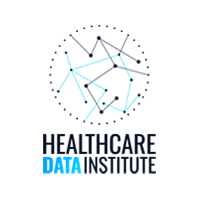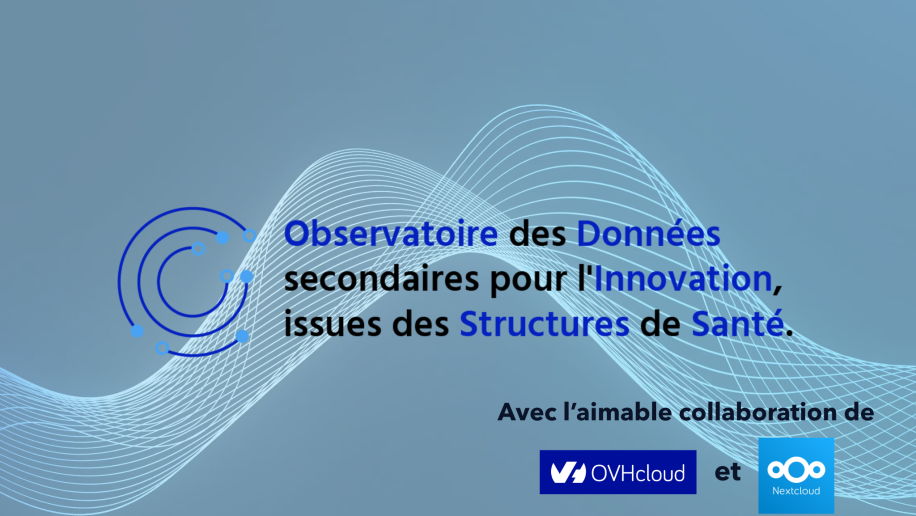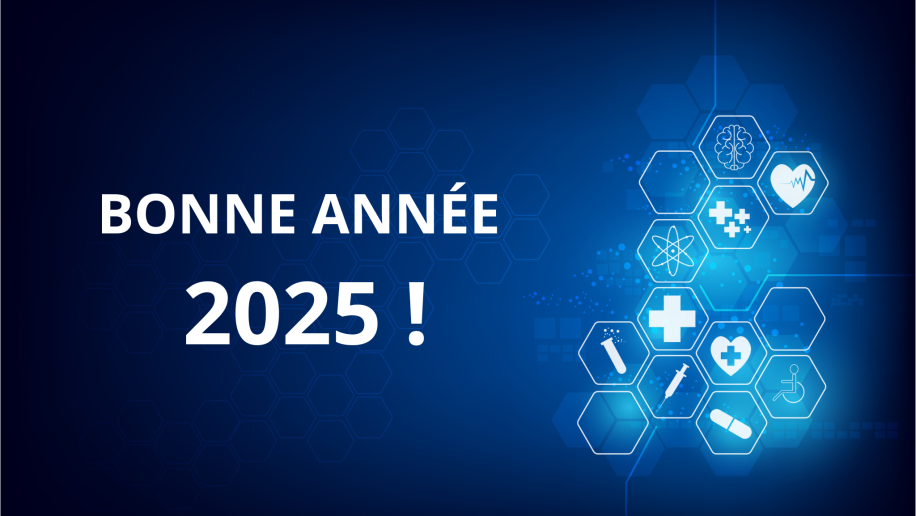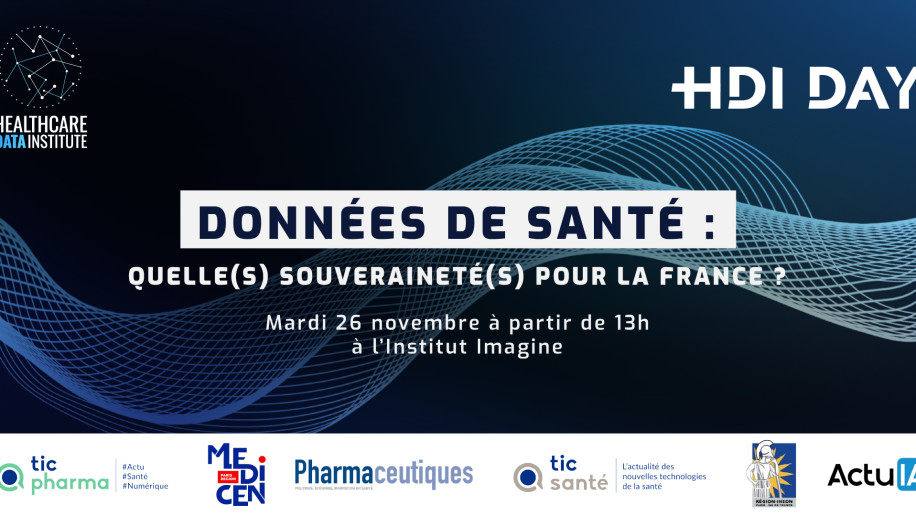Big Data is one of the major trends in the IT sector and Roche thinks of the best ways to exploit the data. Big Data has three major characteristics, which are also seen as three major challenges: the large volume of data, the diversity of their formats, and the speed at which they are generated, processed and used. Until 2003, about five billion gigabytes of data were generated by people on the Internet. In 2011, the same amount of data was created in 48 hours and now … in a few minutes! What are the consequences for the healthcare sector and for Roche?
Our main challenge is not to create new algorithms or other technical softwares. The challenge lies in having access to useful data from multiple sources and interpreting them to produce meaningful results. Roche is currently working on new projects related to
Big Data and is in the process of launching pilot projects. We have identified four areas of work:
- First area is « social analysis »: it consists in working with online platforms on which patients can share their personal experiences and stories. Roche can have access to such data for scientific purposes.
- Second area is « data mining », which uses statistical methods and techniques to detect coherent structures in unstructured texts. One objective is to analyze the data for predicting future outcomes and not just analyzing data retrospectively.
- Our third area of work is the growing importance of « data warehouses » or « data farms » in France. These applications should help to better analyze large amounts of unstructured data.
- Finally, « operational analysis » processes data from connected objects.
Roche also believes in collaborative and multi-disciplinary approaches of Big Data.
In July 2015, we engaged in an unprecedented scientific approach with the French collaborative laboratory La Paillasse. We launched the first participatory research program called Epidemium. It aims to understand cancer through Open Big Data, crossing diagnostic, prognostic, therapeutic but also legal, socio-economic or environmental information available on the Internet. This platform thus contains 3 million scientific publications in oncology, 50,000 data points from clinical studies ranging over 34 types of cancer and 4 billion data points from cancer patients. The Challenge4Cancer, launched in 2015, involved more than 330 participants from all backgrounds (scientists, doctors, computer scientists, data analysts …) determined to use this huge database of health data to make new discoveries on cancer epidemiology. For instance, the project called Baseline aims to model the incidence and mortality rate of 34 types of cancer from a number of factors (infectious agents, behavioral, environmental, etc …).
With Epidemium, Roche’s ambition is to reinvent cancer epidemiology so it can become a genuine tool of predictive and preventive medicine.
To further develop the project Epidemium, we have made available anonymized and aggregated data from Roche France clinical trials with the authorization of the French informatics and freedom commission (CNIL). In designing the program Epidemium, we paid particular attention to the ethical and scientific issues. Based on this specific example, we hope that the results of these concrete and innovative projects will be taken into account in the formulation and implementation of health public policies. The e-health 2020 strategy announced by the French Health Minister, Marisol Touraine, in early July 2016 is actually in favor of Big Data in order to modernize the French healthcare system.
Our ambition is to improve the use of real life data to ensure the sustainability of the French healthcare system
The use of personal health data – especially real life data – is an opportunity to adjust treatment and therapeutic strategies to move towards more personalized medicine. The pricing of medication should vary according to the patient’s profile, the state of the disease, the associations between treatment, and lastly, the benefits the treatment brings to the patient. For these reasons, the collection of real life data is very important. Roche France developed the approach of personalized model of reimbursement (PRM). It consists of collecting preexisting data on certain treatment and medication from healthcare centers. Through a secured process validated by the CNIL, the piloting phase conducted on breast cancer patients has been proven to be conclusive. Thanks to the expertise in the multidisciplinary areas (pharmacists, oncologists, directors of healthcare establishments etc.) the project today has successfully worked with many different partners. At this time, the data collected are about treatment scheme, duration or combination. The aim is also to get the outcomes of treatment for specific patient populations. More than 100 healthcare establishments were involved in PRM at the beginning of 2016 representing around 50% of patients treated for a breast cancer in France. The first example of extracting real life data for personalized reimbursement treatment in breast cancer has been successful.
All in all, Roche considers Big Data as a huge opportunity to innovate for the patients, improve treatments and their quality of life while respecting ethical issues, life privacy and legal dispositions.
—
Isabelle Vitali is Innovation and Partnerships Development Director at Roche
Isabelle is a member of the Healthcare Data Institute.




